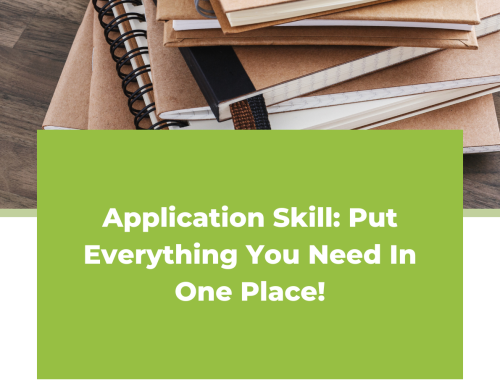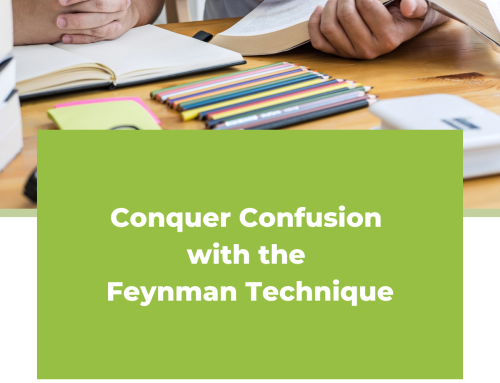Many students express frustration after studying for hours and hours and not getting the results they would like on their tests. Why is it that all that effort seems to be wasted every time?
Let’s take a second to observe a football team. Each player trains for hours a week, for months or years to be the fittest, fastest, strongest and most skilled they can. This seems like an effective way to ensure they win games right? They could just get out on the field, run really fast, catch the ball and kick straight and they would win right? That is not quite how it works..
What is really important to notice is what these players do in the week and days leading up to game day. Instead of focusing on how skilled they are they spend their time studying their opponents. They look at the game plan of the people they are trying to defeat. Why? They could be the fastest and fittest but unless they know the other teams game plan, it means nothing on the day. All it would take is a strong defence, or a innovative play to completely unravel all the hard work.
So how does this relate to taking tests?
You can study the content until you know every word in the textbook forwards and backwards but unless you know how you need to use that information in the test, it is basically useless. You are not tested on how well you can recite the facts you know. This memory based learning will only get you so far. The majority of assessments are aimed to test your ability to understand the content, create connections and apply it in situations you may not have thought of before. Just writing everything you know won’t cut it.
So now that you know this, how can you be better prepared for your next test?
-
Ask your teacher the right questions. Instead of just asking your teacher “what is going to be on the test?” make sure to also ask “what type of questions will be on the test.” The types of questions you will be asked dictates how you should study leading up to the test.
-
Study the questions, not the content. Are you answering Multiple choice questions which require you to know specific details and facts? Short answer questions which are usually definition and broad application based? Or Extended response questions which require the combination of multiple concepts and application to abstract contexts?
-
Shift your focus from memorising to understanding. It is one thing to memorise a fact word for word, but another to understand what it actually means. To memorise is to know who, when, when and where. To understand is to know how and why. How and why does it come about? How and why is it important? How or why does it have an impact in its context?
For your next test avoid hours and hours of memorising and instead focus your energy on understanding what type of questions you will be asked and tailor your studying accordingly. This way you can cut down your study time, maximise marks and minimise stress!






Leave A Comment